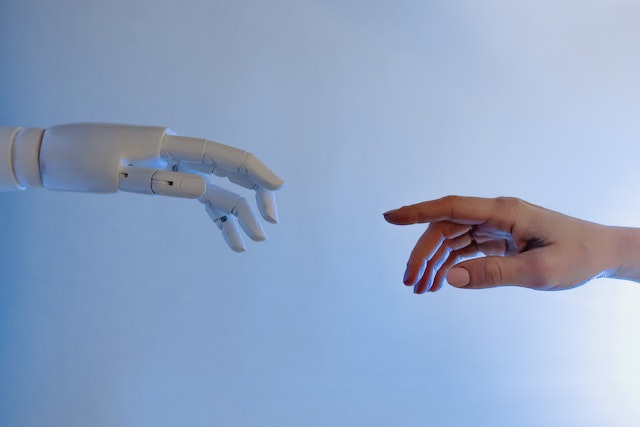Introduction
Artificial intelligence (AI) has been a part of our lives for decades. However, it is only recently that AI has reached a point where it can be used effectively in the university setting. With the rise in student enrollment worldwide, universities have had to deal with increased costs and decreased productivity. In response to these challenges, many institutions are investing heavily in new technologies such as artificial intelligence (AI) and machine learning (ML). In this article we’ll look at how colleges and universities are using AI technology to help their students learn more efficiently and boost productivity.
Can Artificial intelligence help students in the university?
Students at universities can also benefit from artificial intelligence. For example, with the help of AI, students can access additional information about the university and its services. In addition, artificial intelligence can give students new ideas for their academic research and career development, although AI often gives out watery information, which is why most students still use free essays on Paperap to find ideas for various kinds of writing assignments.
Artificial intelligence can also help students think in new ways by providing them with new ways of thinking when studying at school or university.
Artificial intelligence helps in student productivity
Artificial intelligence is a new field of study, and universities are starting to adopt it as a way for students to learn more about the subject.
AI also can help students in the university in many ways. It helps them be more productive and innovative, but also allows them to do their own work independently without supervision from a teacher or professor who is teaching them how AI works in real-life scenarios outside the classroom environment which they may not understand yet because they have never experienced it before so they don’t know what questions might come up later on down the road when using artificial intelligence systems at workplaces, etc.

Artificial intelligence is being adopted by universities worldwide, from Stanford to MIT
Whether you’re a student or an instructor, AI can help with your coursework in many ways.
For students, MIT uses artificial intelligence to offer support for everything from career planning to learn how to speak Chinese. Aside from making it easier for them to get help with their studies and assignments, this also helps them focus on their work more efficiently. The result is a more streamlined experience and better grades!
This technologies potential goes beyond the classroom too — it can also be used by teachers as they prepare lesson plans and research topics. As more universities adopt these tools into their curricula, we expect that they’ll make significant contributions toward improving educational experiences across the board!
Universities can use artificial intelligence for more than automatic grading
Universities can use artificial intelligence to help students, teachers, researchers, and administrators.
The most obvious use of AI in a university is grading student essays. Many students enjoy having their essays graded by computer because it’s faster than waiting for human graders to get back to them with their scores. Students also like it when the computer does the work of grading because then they can focus on other activities (like studying for an upcoming exam). Computer-graded essays are becoming popular among universities because computers are faster at grading than humans and they’re more consistent — no need for human graders or teaching assistants who take breaks from grading during finals week!
Conclusion
Universities can use artificial intelligence for more than automatic grading. Artificial intelligence can help students in the university, and it is a new field of study. It will also help students become more productive and innovative.